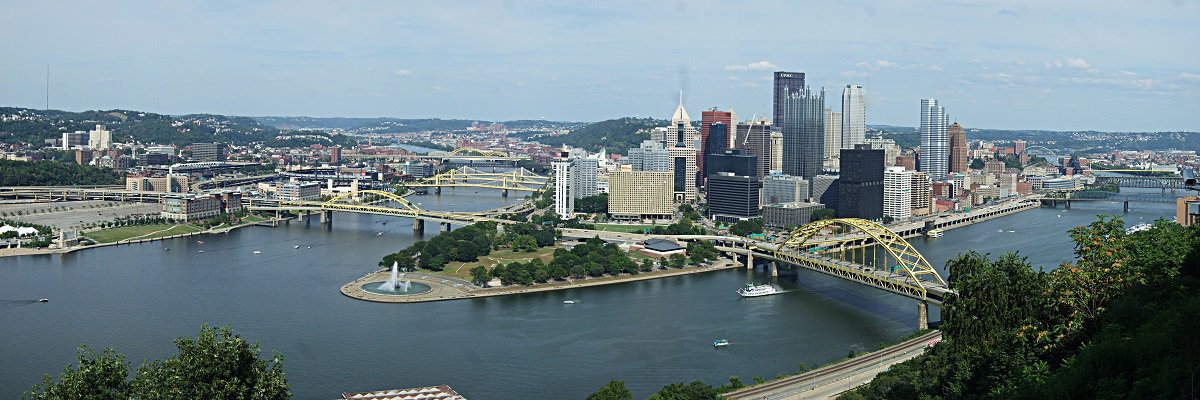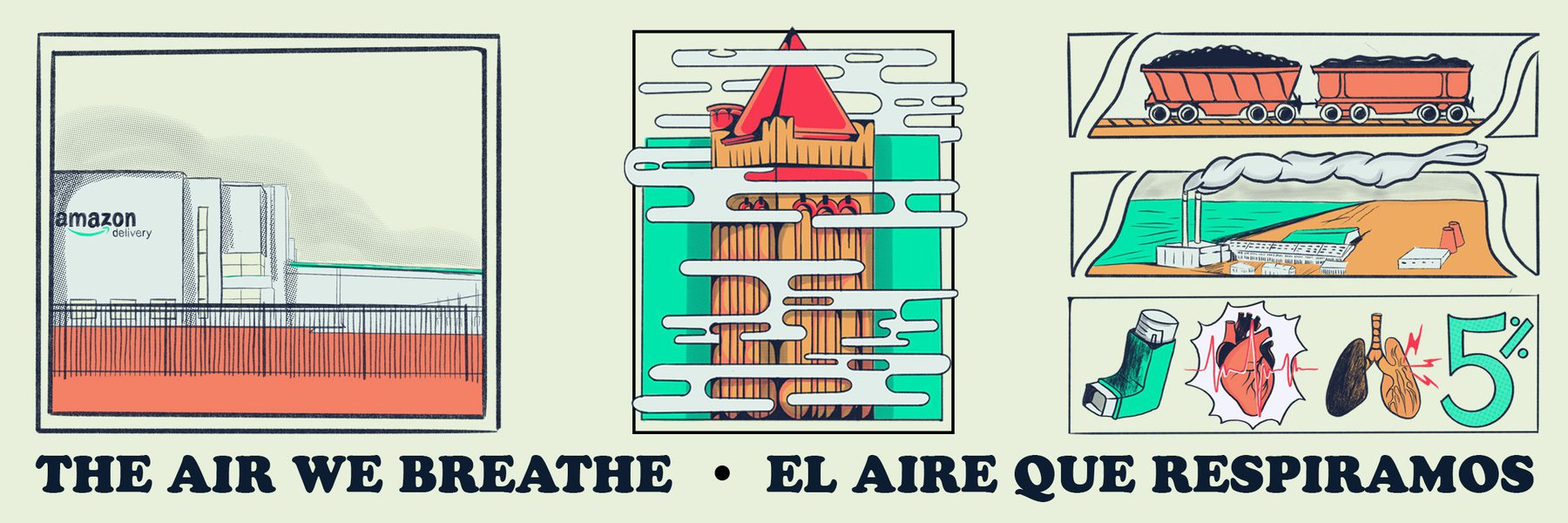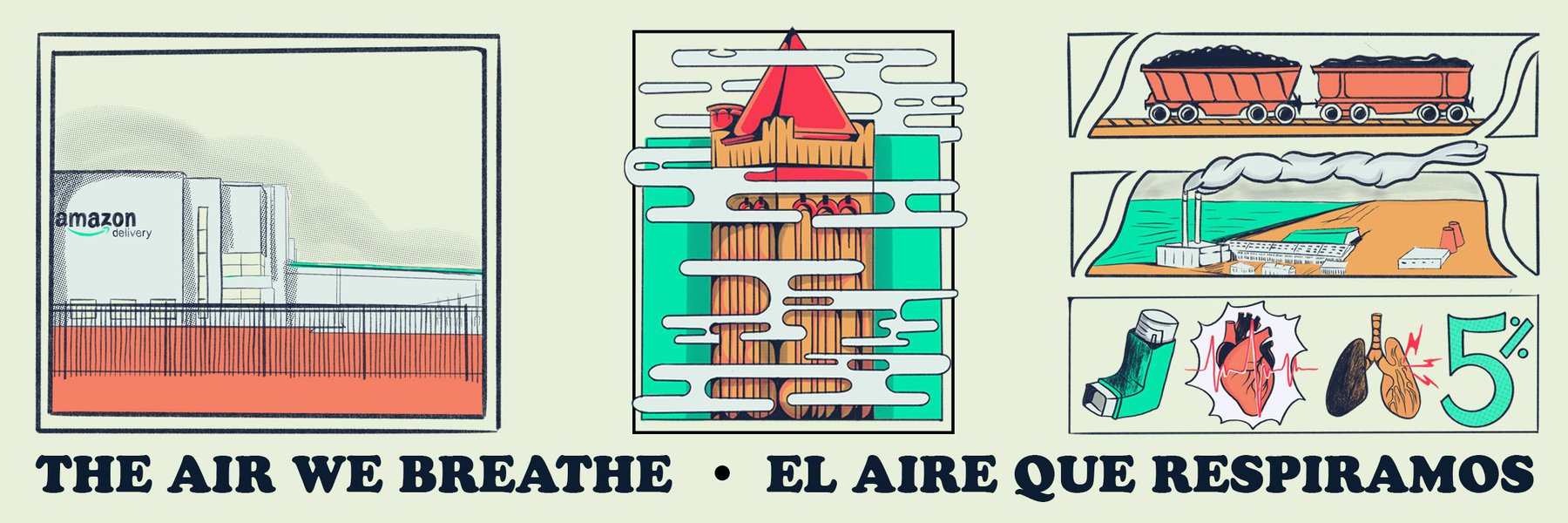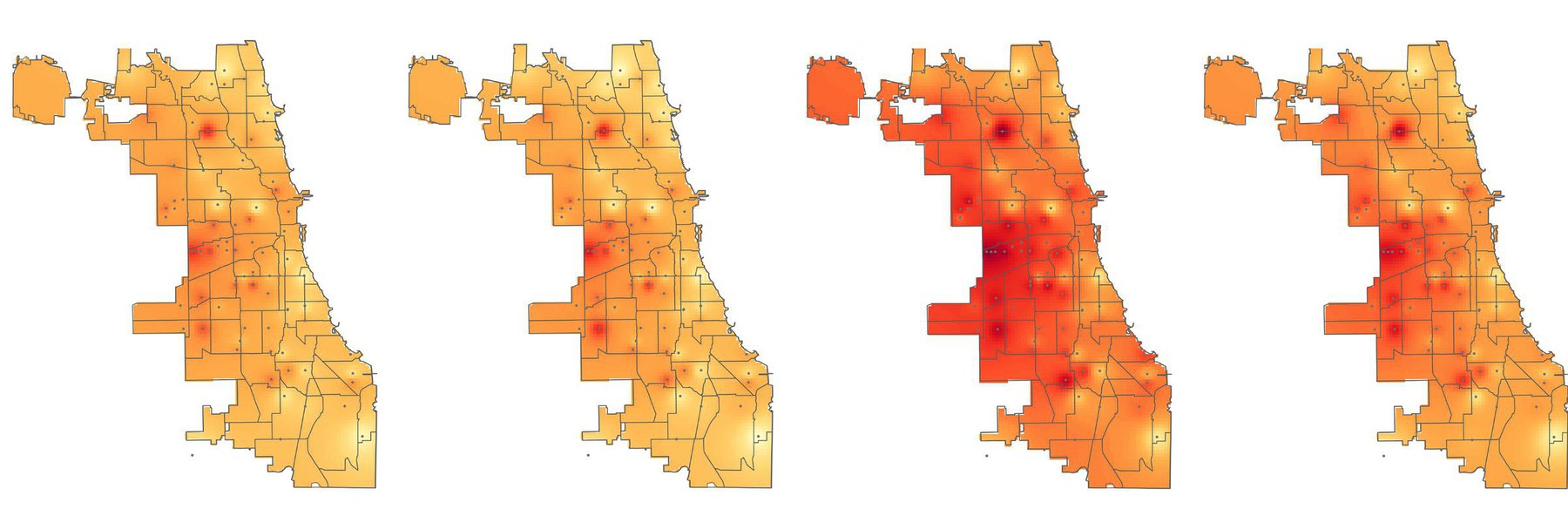Eyes have turned to Pittsburgh, Pennsylvania where a circuit court judge recently deemed the city’s #AmazonHQ2 proposal documents are of public record and must be released by the end of the month unless the mayor and county executive appeal.
At this point, the lawsuit pertains to a lost bid. Amazon Monday named New York’s Long Island City and Crystal City in Arlington, Virginia, as the two winners of its HQ2 contest. The company will eventually pour more than 25,000 employees and $2.5 billion into each of the two new locations, rather than place all 50,000 new HQ2 workers in one city.
Pittsburgh and Allegheny county officials said they would release their proposal documents after the company made its decision. Paul Van Osdol, the reporter named on the lawsuit, said he hopes the city and county follow through on that promise.
Van Osdol works for WTAE-TV, a Hearst Communications TV station based in Pittsburgh, which filed a public records request for the documents within a day or two of the city submitting its pitch for Amazon.
“When we got the response back, they denied the records request and listed these reasons … it was almost like the process was turned on its head,” Van Osdol said. “They were talking about proprietary information, trade secrets.”
Usually, he said, those exemptions are cited when someone requests information about a company that filed information with the city or county. But in this case, the city and county filed information with a company.
“Those exemptions were not intended for something like this,” Van Osdol said. “They were designed to protect trade secrets of corporations, not trade secrets of government agencies. By definition, government agencies shouldn’t have trade secrets.”
WTAE-TV filed an appeal with the state’s Office of Public Records, which rejected all the exemptions the city and county cited and declared the records were subject to public disclosure. So the City of Pittsburgh and Allegheny County appealed to the circuit court, where again WTAE-TV received a favorable decision from the judge.
The city and county planned to appeal, Van Osdol said before Amazon’s announcement.
“It’s a great victory for us for no other reason than we a have local judge who has ruled in favor of government transparency, which is a good thing. Whether it means we get the documents remains to be seen,” Van Osdol said.
A court decision favoring the release of government HQ2 documents contrasts lawsuits elsewhere. In Chicago, Illinois, Lucy Parsons Labs sued the mayor’s office to release its bid documents. Lucy Parsons lost the lawsuit in the circuit court, which the mayor’s office argued on the grounds that the documents fall within the exemption for “proposals and bids for any contract … until an award or final selection is made.”
The organization filed a motion to reconsider in the beginning of September, but has not yet had a hearing. The motion will return to the judge who made the original ruling, rather than advancing to an appellate court panel as a formal appeal would.
Lucy Parsons Executive Director Freddy Martinez said there’s no significant difference in FOIA attitudes between Chicago and Pittsburgh and that the statues referenced in both cases are about the same. Rather, Martinez said they simply had bad luck with a judge who believes FOIA should be a last resort. The judge’s ruling, he said, was based on a “very hypertechnical and narrow interpretation of FOIA law.”
“One of the reasons we didn’t appeal to court of appeals is because one judge’s ruling doesn’t become case law, but if the court of appeals didn’t reverse this judge, it would have set a bad precedent,” Martinez said. “We are conscious of not making a bad public records situation worse.”
“Cities are going out of their way to try to attract huge corporations. They do this in secret,” Martinez said. “The idea that they can ask in secret for money from taxpayers to attract a headquarters, it’s dangerous. The way they’re doing it through secret proposals and pitting governments against each other incentivises other cities to give more and more away. It’s all very problematic.”
Ahead of Amazon’s HQ2 announcement, Van Osdol said it’s frustrating that the FOIA process started more than a year ago but still dragged on, and likely wouldn’t be resolved before the city named its second headquarters.
“It’s still an important fight because it’s important for these government agencies to know they can’t hide this stuff,” he said, “and if they try to hide it we’ll be pounding at the door and demanding they hand it over.”
Image by Filipe Fortes via Wikimedia Commons and is licensed under CC BY-SA 2.0




